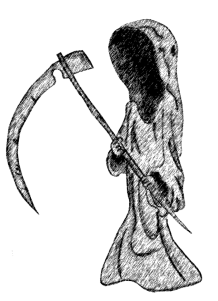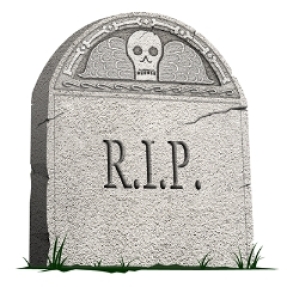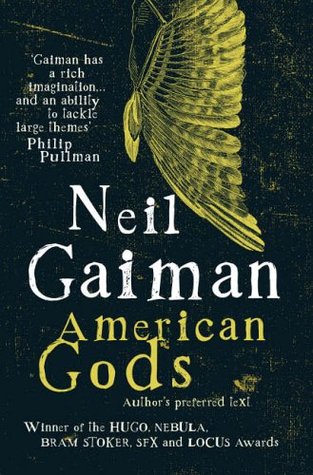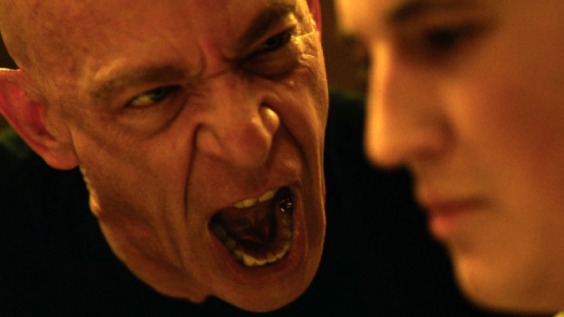On April 30th, one hell of a TV series comes to Starz. I’m talking about American Gods, based on the novel of the same name by Neil Gaiman. This is my favorite novel ever, and I am hyped for the series. Here’s why you should be, too:
1. The Story is Especially Relevant Today
American Gods is about a stoic man named Shadow Moon (played by Ricky Whittle) who’s released from prison, only to find that his wife Laura (Emily Browning) has tragically died. Lacking direction, Shadow encounters a grifter by the name of Mr. Wednesday (Ian McShane), who is far more than he appears. In fact, he’s the Norse god Odin.
Here’s the coolest part: Mr. Wednesday is recruiting forgotten gods for an epic confrontation with modern gods. The old gods consist of deities brought to America from other countries. The new gods represent airplanes, the internet, cell phones, and modern technology in general.
That’s an apt metaphor for how we live today. And though Gaiman first published the novel in 2001, this central premise is even more accurate today. We devote so much time, money, and energy to our tech that it really is almost like worship.
2. The People Behind the Show Are Outstanding
For starters, Bryan Fuller and Michael Green serve as creators. Though you might not recognize their names, they’ve worked on series you know, such as Pushing Daisies, Heroes, Hannibal, and Gotham. These guys are good.
Also, the cast is excellent. In addition to the aforementioned Whittle, Browning, and McShane, the show also features Pablo Schreiber (Orange is the New Black), Crispin Glover (Back to the Future), Cloris Leachman (Young Frankenstein), Peter Stormare (The Big Lebowski), Gillian Anderson (The X-Files), Orlando Jones (Mad TV), Dane Cook (Dan in Real Life), Kristen Chenoweth (Wicked), and Corbin Bernsen (Psych).
Impressed? Me too.
3. Neil Gaiman is “Very Involved”
They’re taking a page from Game of Thrones’s book with this decision. Clearly, the person behind the original story should be the one with heavy input on the project. Plus, Gaiman already has experience in television; he created the BBC series Neverwhere. The guy knows what he’s doing.
4. They’re Expanding on the Original Story
Adaptations are far more interesting when they go beyond the source material, rather than regurgitate it. Good news is, American Gods seems to be doing just that.
The first season will cover the first third of the novel or so. Then, if we get later seasons, they’ll cover later parts of the book. Also, the companion novel Anansi Boys could become part of the show, should popularity allow it. Let’s hope so!
5. The Trailer Looks Sick
I don’t think I need to say much more about this one.







 So my girlfriend and I tried watching American Horror Story this season.
So my girlfriend and I tried watching American Horror Story this season.





